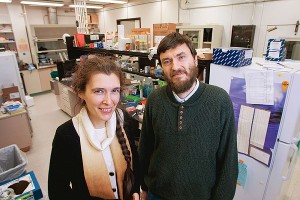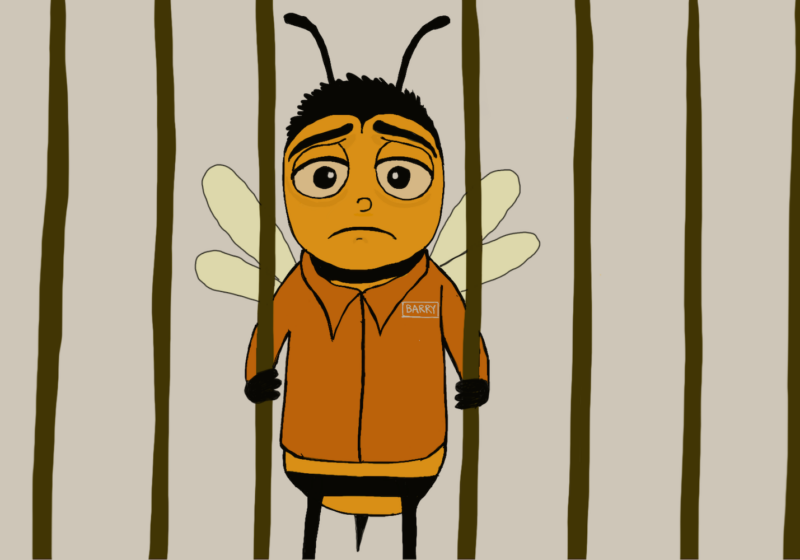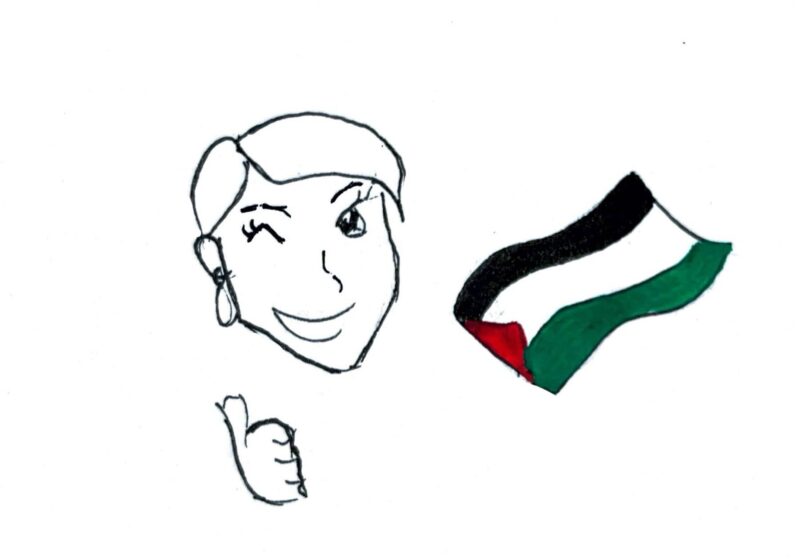Biology professor Vera Gorbunova received the Associations de Prevoyance Sante (ADPS) Longevity Research Award for her contribution to the study of aging. Her project focuses on the science of aging in naked mole rats.
“I have been working on this study for nine years,” Gorbunova said. “The study focuses around the science of aging and how naked mole rats, a mammal likes ourselves, are able to live so long.”
Through the course of her study, she discovered that naked mole rats produce a chemical compound in their bodies that makes them less susceptible to cancer.
“I was not expecting the award,” she said. “I just received an email from the group.”
ADPS is comprised of a group of health insurance companies in France that focus on aging and how aging can be prevented in humans. The award is given to research that contributes to new discoveries about how humans can live longer and includes a monetary award of 15,000€, about $24,000, for the researcher. According to the group’s website, the award is “open to all academic scientists working on long living animal models related to the prevention of aging” as it relates to cancer, neurodegenerative disease, cardiovascular and metabolic disease, and immunity.
Although Gorbunova was not expecting any accolades for her work, she said that this award is important for the recognition that it brings to her study and to the department.
“Any outside recognition is important for the department,” Gorbunova said. “The fact that this recognition came from an international body is even more significant. This is not typical, as international groups usually do not focus on research in the United States.”
The award is most significant because of its human applications.
“Everyone wants to live longer,” Gorbunova said. “The work that I am doing could open up new possibilities for human longevity and would allow us to cure diseases earlier. This would mean people would be able to work longer than they do now and would not be as sick. My work is not yet finished there are still many things that we can learn from long living mammals like the naked mole rat.”
McGee is a member of
the class of 2016.





